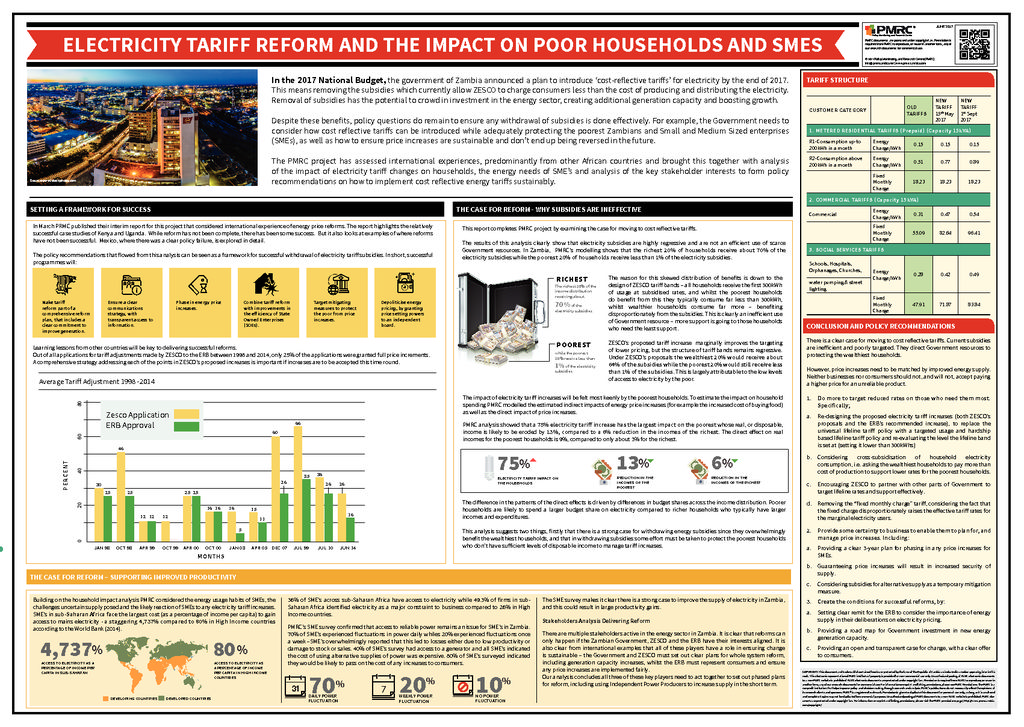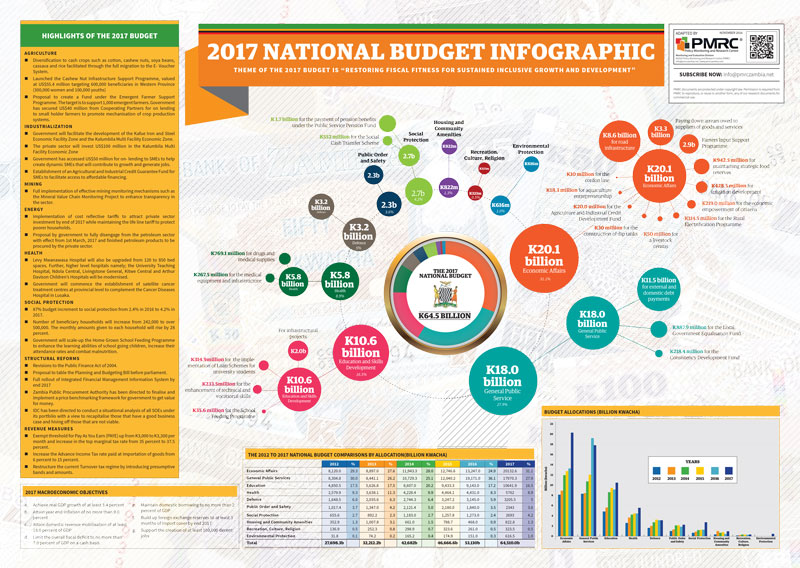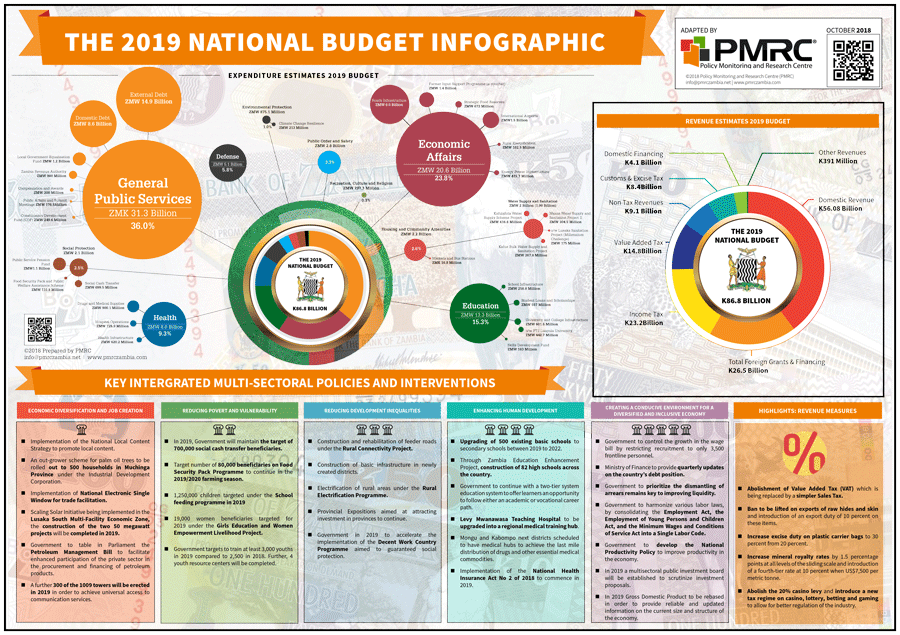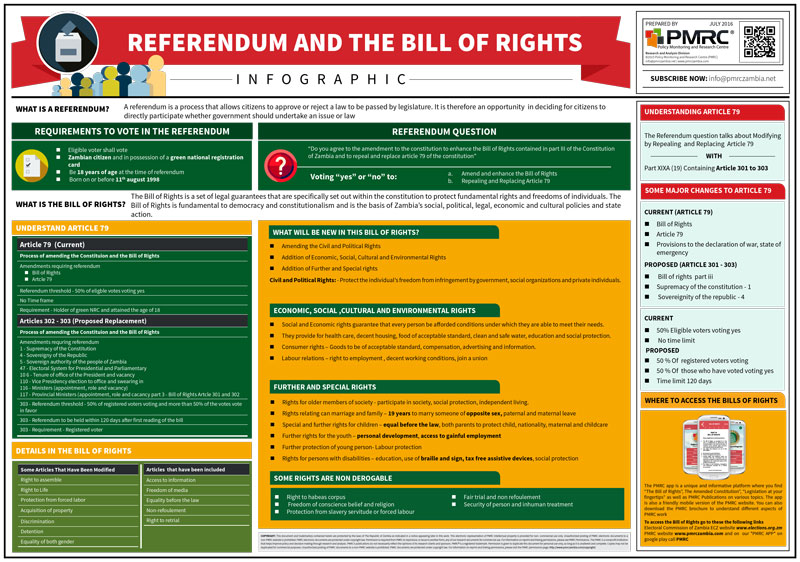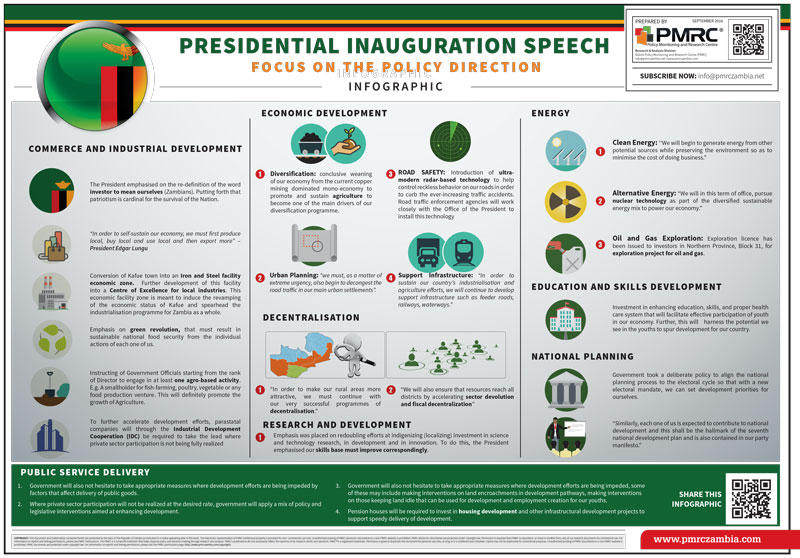In the 2017 National Budget, the government of Zambia announced a plan to introduce ‘cost-reflective tariffs’ for electricity by the end of 2017. This means removing the subsidies which currently allow ZESCO to charge consumers less than the cost of producing and distributing the electricity. In the current economic context, and faced with a large budget deficit and looming economic recovery programme, this is a welcome ambition. Removal of subsidies has the potential to crowd in investment in the energy sector, creating additional generation capacity and boosting growth.
Despite these benefits, policy questions do remain to ensure any withdrawal of subsidies is done effectively. For example, the Government needs to consider how cost reflective tariffs can be introduced while adequately protecting the poorest Zambians and Small and Medium Sized Enterprises (SMEs), as well as how to ensure price increases are sustainable and don’t end up being reversed in the future.
PMRC have undertaken a project to explore these questions in detail. The project has assessed international experiences, predominantly from other African countries and brought this together with analysis of the impact of electricity tariff changes on households, the energy needs of SME’s and analysis of the key stakeholder interests to form policy recommendations on how to implement cost reflective energy tariffs sustainably.
Food balance sheets present a comprehensive picture of the pattern of a country’s food supply during a specified reference period. The balance sheet is useful in assisting to target government polices with regards to food Security.


